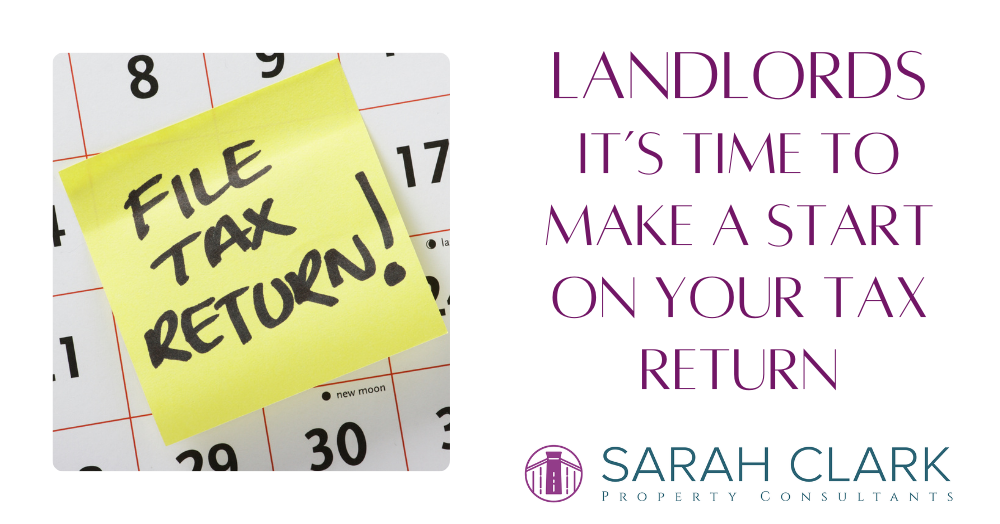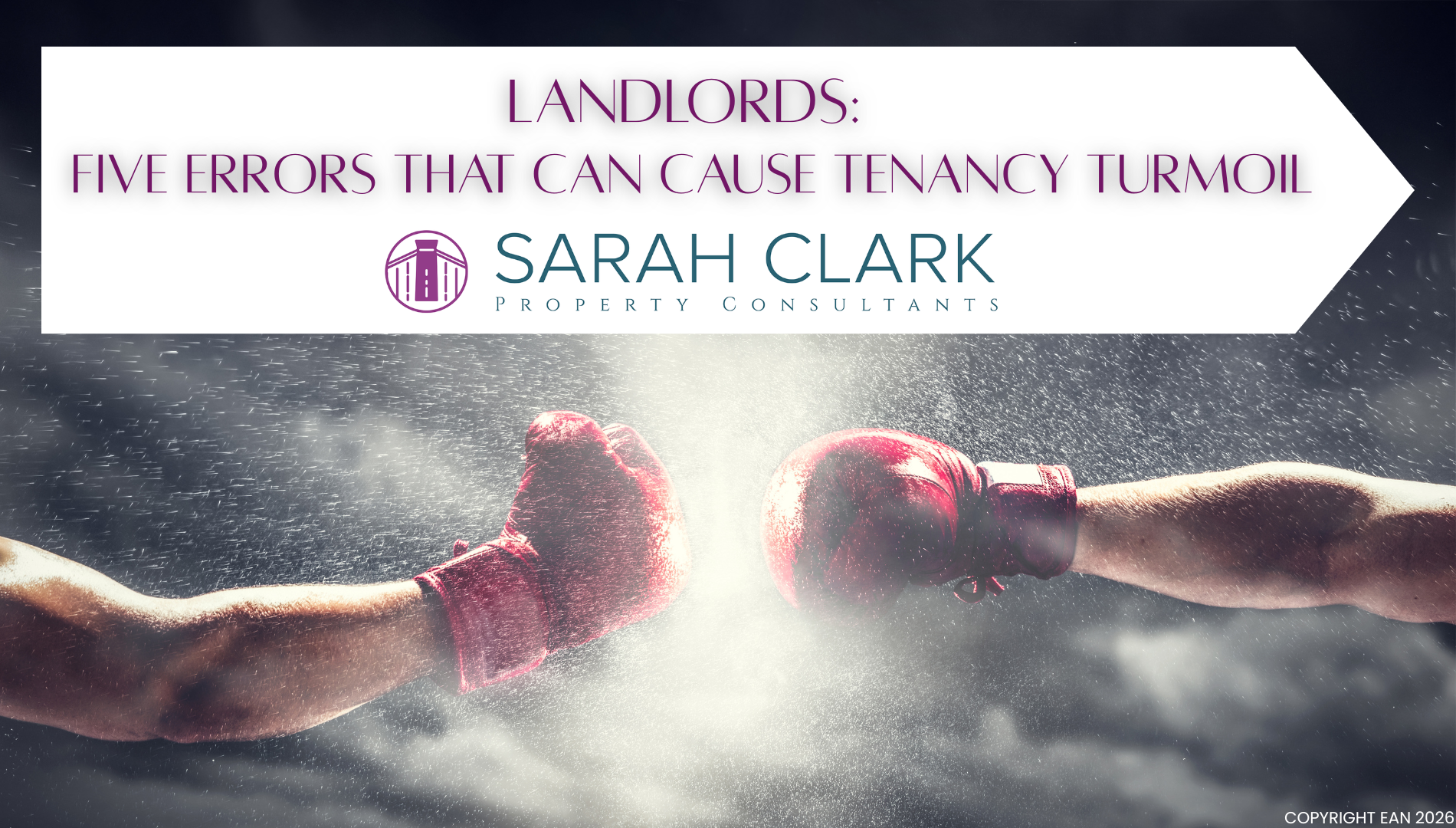Landlord Tax Return Deadline Approaching – Act Now
If you’re a landlord, the deadline for filing your 2023-2024 income tax return is fast approaching. Here are some important things you need to know.
When to file your tax return
Self-employed landlords need to file their tax return (and pay any tax owed) each year using the self assessment system. For the 2023-2024 financial year, this must be done by 31 January 2025 (unless HMRC has notified you otherwise).
If you don’t, you will receive an automatic £100 penalty. This will increase the longer you delay.
This doesn’t apply if you own your property through a limited company. In this case, your filing date depends on your company’s financial year.
How to file your tax return
You can file your return online. If you’re not already registered with HMRC.
It’s too late to file your tax return for 2023-2024 using a paper form. The paper filing deadline was 31 October.
What you should do now
- Collect details of all the income you’ve received from your rental property. This includes rent and anything else like service charges, cleaning charges and payments for damage.
- Collect details of everything you’ve spent. Make sure you have receipts or invoices for these, too. Many of these expenses can be claimed as allowable expenses to help reduce your tax bill.
Tax return tips for landlords
Landlords can’t claim capital expenses (e.g. building an extension) as allowable expenses against tax. Also, you can only claim a 20% basic tax credit towards mortgage interest paid.
But there are plenty of allowable expenses you can claim for. These can help reduce your tax bill.
Don’t forget to claim for:
- Maintenance and repairs, however small.
- Letting/estate agents’ fees.
- Legal fees for buying/selling or legal advice.
- Fees for financial advice and accountancy.
- Service charges.
- Ground rent.
- Council Tax you’ve paid.
- Utilities you’ve paid.
- Insurance premiums.
- Advertising costs.
- Subscriptions to landlords’ organisations.
- Office expenses such as stationery, phone calls and postage.
- Travel costs, such as to do viewings or repairs.
If you have a furnished or part-furnished rental property, you can claim what is known as domestic items relief when replacing furniture, furnishings and appliances.
If you need any help with filing your tax return, take advice from a financial adviser or accountant.
It might be a good idea to get started now and avoid a last-minute rush in January.
How Sarah Clark Property Consultants Can Help Manage Your Property?
Managing a rental property can be a lot of work, especially when it comes to keeping track of tax returns and staying compliant with regulations. At Sarah Clark Property Consultants, we offer a comprehensive property management service designed to take the hassle out of being a landlord.
From finding reliable tenants to dealing with maintenance and repairs, we handle it all. Our experienced team ensures your property is well-maintained and that you are fully compliant with all the latest landlord requirements.
If you're looking for expert assistance with managing your property, get in touch with us today. You can learn more about our services on our Landlords page or contact us for a consultation. Let us help you manage your property more effectively and stress-free.
Would someone you know benefit from reading this article? Why not share it with them?






Share this with
Email
Facebook
Messenger
Twitter
Pinterest
LinkedIn
Copy this link